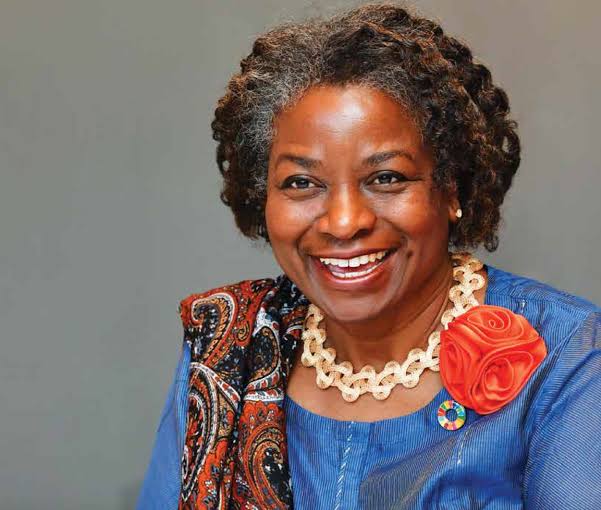According to a report released by the United Nations Population Fund (UNFPA), including its partners have suggested that the global ongoing lockdowns and disruptions in health services during the Coronavirus pandemic could lead to seven million unplanned pregnancies in the coming months.
The report forecasted that the number of women who have been unable to access family planning risk unplanned pregnancies, gender-based violence and other harmful practices. The report also implied that the number of such cases could rise exponentially by the millions.
The UNFPA conducted the pregnancies research in conjunction with Avenir Health, Johns Hopkins University in the United States and Victoria University in Australia
In a recent briefing, Dr. Natalia Kanem , the Executive Director of UNFPA said, “This new data shows the catastrophic impact that COVID-19 could soon have on women and girls globally.
“The pandemic is deepening inequalities and millions more women and girls now risk losing the ability to plan their families and protect their bodies and their health.”
“Women’s reproductive health and rights must be safeguarded at all costs. The services must continue the supplies must be delivered and the vulnerable must be protected and supported.”
According to the report, projections show that if health services remain disrupted and lockdowns continue for six months, some 47 million in these countries may not be able to access modern contraceptives. resulting in around seven million unintended pregnancies.
READ ALSO: Lockdown: Ganduje Meets Market Leaders Over Price Hike of Commodities in Kano
The UNFPA is also focused on strengthening health systems, procuring and delivering essential supplies to protect health workers, ensuring access to sexual and reproductive health and gender-based violence services, and promoting risk communication and community engagement.
“Women’s reproductive health and rights must be safeguarded at all costs”, said Ms. Kanem, the UNFPA chief.
“The services must continue; the supplies must be delivered; and the vulnerable must be protected and supported.”



Leave a Reply